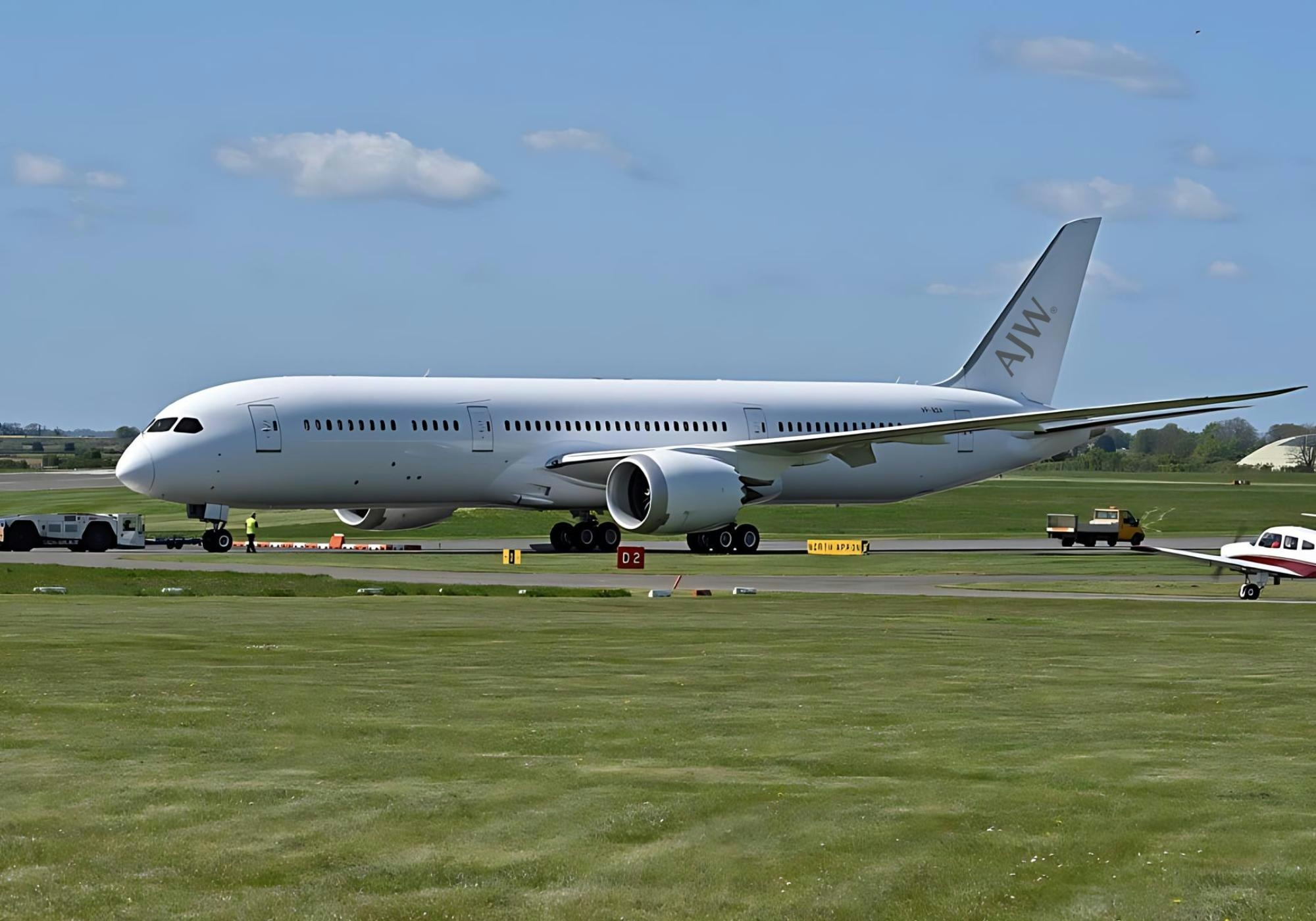AeroGenie — Ihr intelligenter Copilot.
Trends
Categories
AJW Group Marks Nine Decades of Operation

AJW Group Marks Nine Decades of Operation
A Legacy Rooted in Aviation Innovation
AJW Group, a privately owned and independent aviation company, is celebrating over ninety years of continuous operation since its founding in 1932 by Anthony James (Jim) Walter. Walter, who qualified as a pilot the same year, initially established the company by securing exclusive European distribution rights for Piper Cub aircraft. The business experienced steady growth until the outbreak of World War II, when its airfield was requisitioned by the war office. Following the war, Walter shifted the company’s focus from private aircraft sales to military surplus, setting the stage for AJW’s future development.
Today, the company is under the stewardship of the Whiteside family, with Christopher Whiteside serving as chairman for more than three decades. Under his leadership, AJW Group has expanded its global footprint and adapted to the evolving demands of the aviation industry. A significant strategic pivot occurred in 1999 when the company began supporting next-generation Airbus and Boeing aircraft, enhancing its flight-hour contract support services. The opening of its headquarters in Slinfold, West Sussex, in 2012 coincided with the launch of AJW Technique in Montreal, marking the company’s entry into the component maintenance, repair, and overhaul (MRO) sector.
Expansion, Innovation, and Sustainability
Over the past decade, AJW Group has broadened its industry support by securing supply chain contracts with major airlines and diversifying into business and defense aviation sectors. The company has also expanded its MRO facilities across Europe, reinforcing its position in the global aerospace market. In 2022, AJW signed a global sole distributorship agreement with Honeywell and attained Woodward Inc.’s LAMP status, further consolidating its market presence.
Sustainability has become a central pillar of AJW’s operations. The company has invested in renewable energy infrastructure, including the installation of 2,500 solar panels and rainwater harvesting systems at its headquarters. In 2023, AJW joined the United Nations Global Compact, demonstrating its commitment to environmentally responsible business practices. Additionally, the company made significant investments in Airbus A350 and Boeing 787 platforms, expanding its global inventory to over $500 million.
Despite its longstanding success, AJW faces ongoing challenges common to the aviation and charter industries, such as intensified market competition, evolving taxation and tariff frameworks, and the imperative to attract and retain skilled talent. As regulatory and economic shifts continue to influence the sector—mirroring challenges in industries like biotechnology—AJW and its competitors are responding through strategic innovation and market expansion to sustain their competitive advantage.
A Global Presence and Enduring Commitment
AJW Group now operates a network of operational and inventory hubs spanning Africa, Asia Pacific, China, the Commonwealth of Independent States (CIS), Europe, Latin America, the Middle East, and North America. The company supports over 1,000 airlines across 100 countries, delivering comprehensive supply chain solutions for commercial, business, and defense aerospace sectors. AJW focuses on optimizing inventories, streamlining procurement processes, and maximizing operational efficiencies.
Ninety-three years after Jim Walter’s inaugural flight, AJW Group continues to embody the agility and personalized service that characterized its origins. The company remains a trusted partner in aviation supply chain integration, navigating a rapidly evolving industry landscape with resilience and innovation.

Emirates Unveils Cabin Design for New Boeing 777X

Eighteen Years On, the Airbus A380 Remains Central to a $34 Billion Airline

How a boom in luxury airline seats is slowing down jet deliveries

Navitaire Outage Attributed to Planned Maintenance

DigiYatra Debuts Outside Aviation at India AI Impact Summit

Vietnam Orders Strengthen Boeing’s Commercial Outlook

Airbus Signals Uncertainty Over Future A400M Orders

JobsOhio Awards $2 Million Grant to Hartzell Propeller for Innovation Center

Collins Aerospace Tests Sidekick Autonomy Software on YFQ-42A for U.S. Air Force CCA Program

How the Airbus A350-1000 Compares to the Boeing 777
